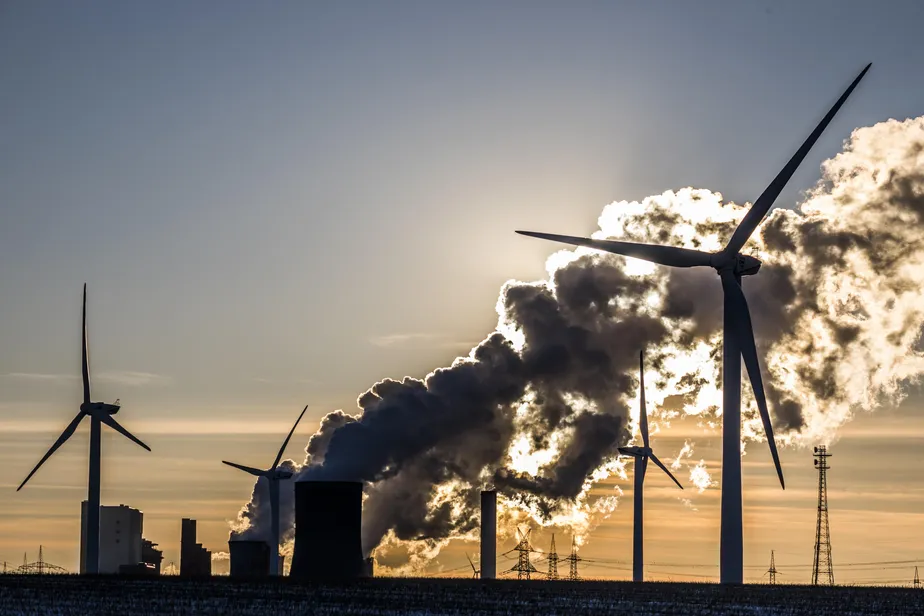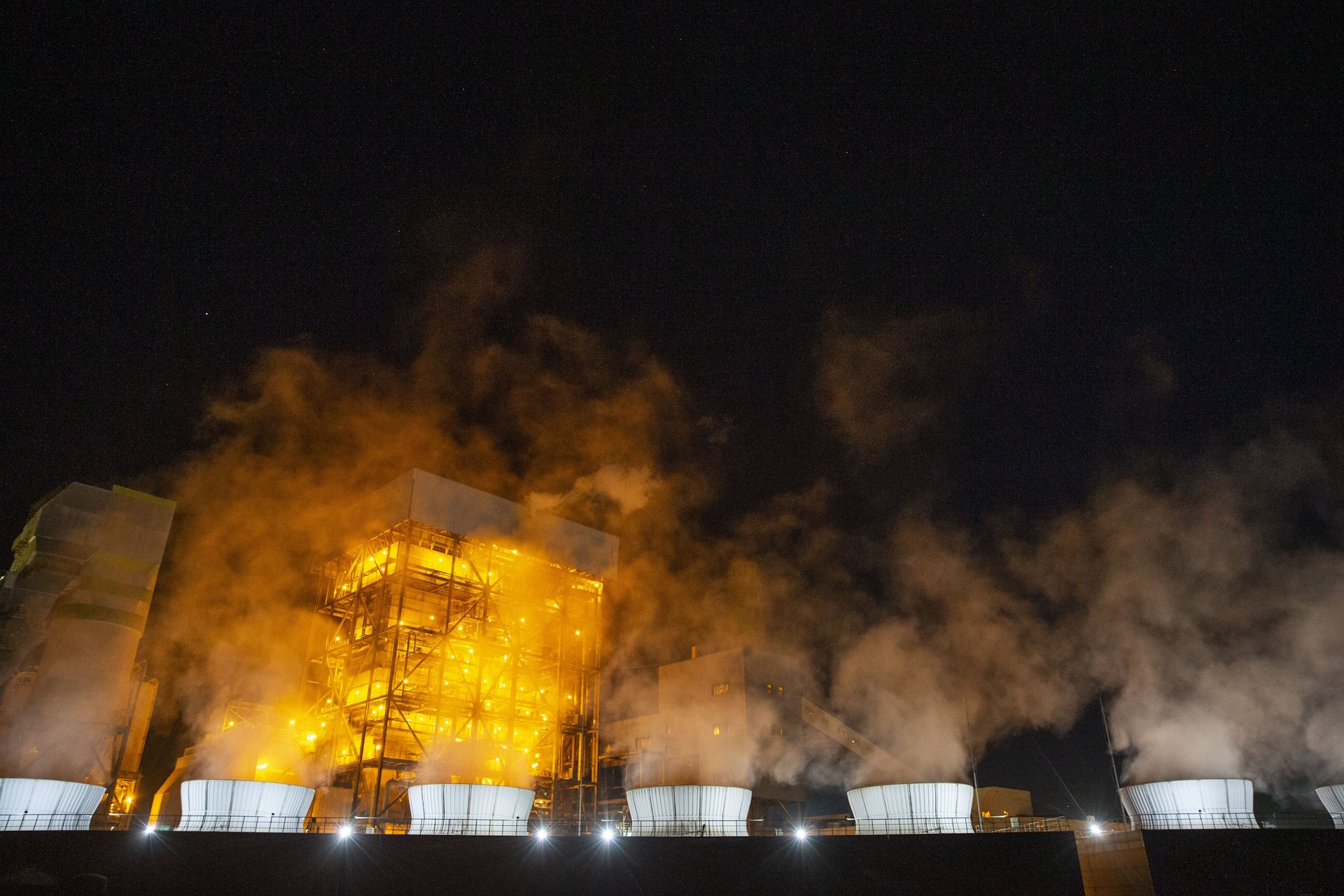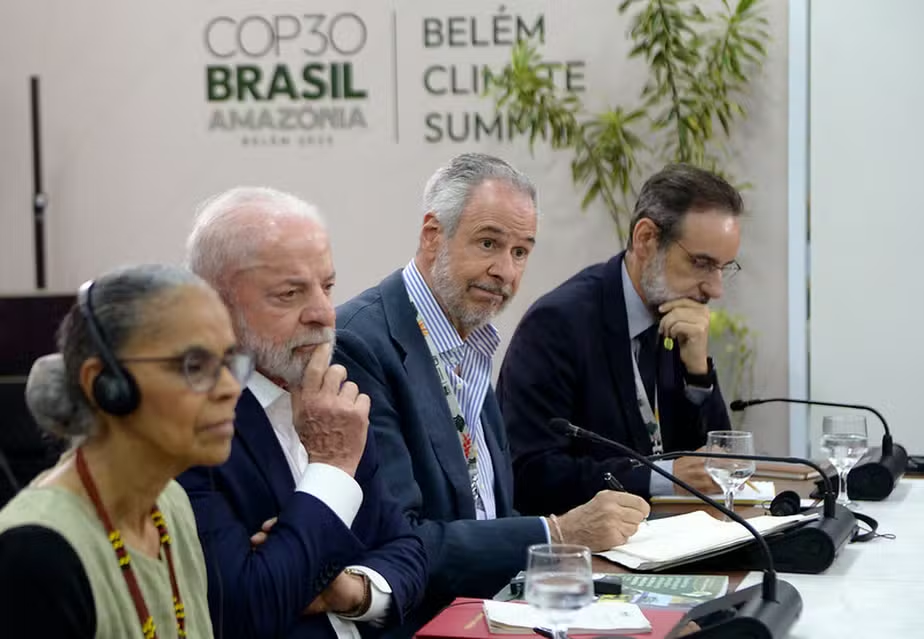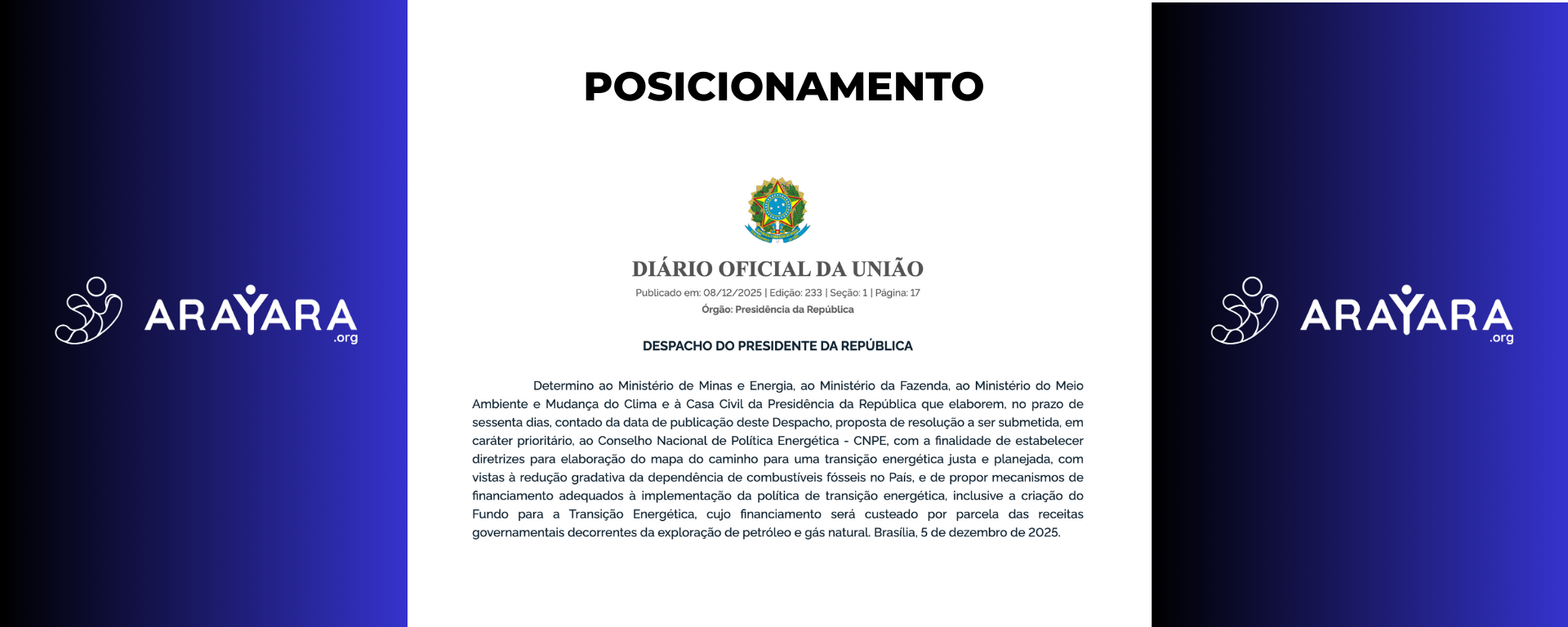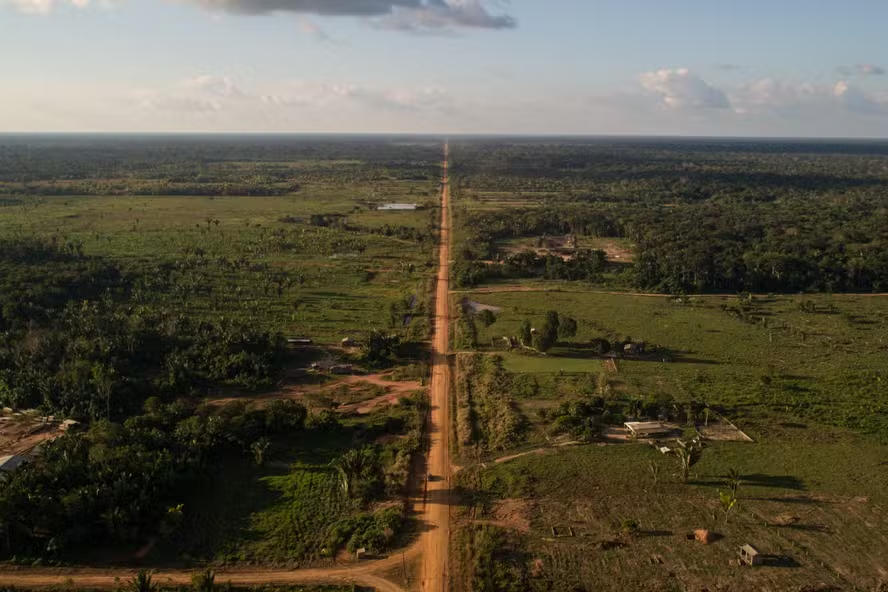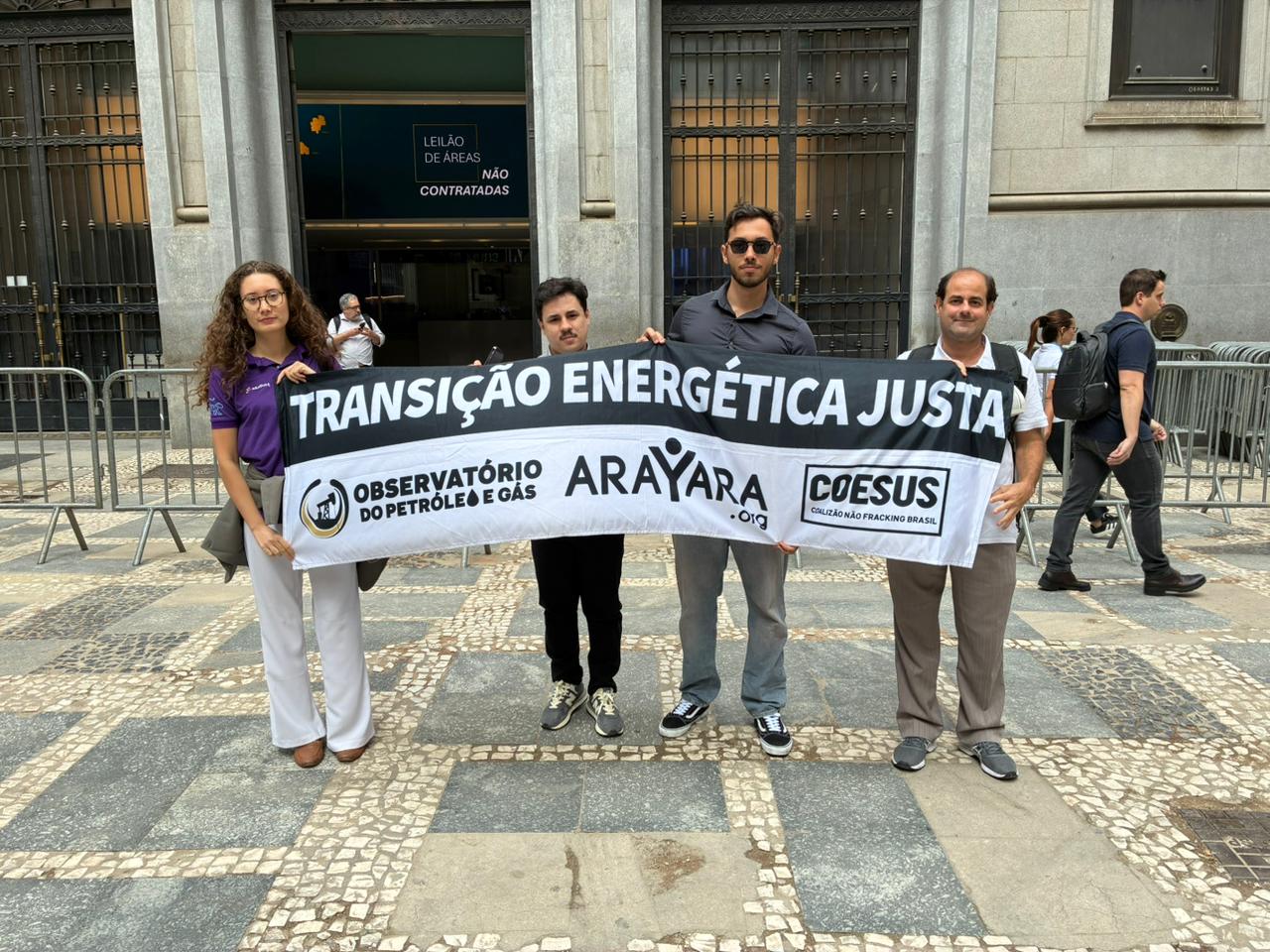Entre no Clima podcast interview Nicole Oliveira, executive director of Instituto Internacional Arayara, one of the largest litigation organizations in the socio-environmental agenda
The climate emergency requires profound changes in global energy chains. In a short period of time, the world needs to reduce its dependence on polluting fossil sources and increase the share of renewable energies with less environmental impact. According to a new UN report released a few days before COP27, a climate meeting that starts on November 6th in Egypt, the world is still far from stopping the rise in the thermometer to 1.5°C, as promised in the Paris Agreement. .
Instead of reducing greenhouse gas emissions by 43% by 2030, the cut needed to reach the target, the current commitments of the 193 signatory countries of the pact – known by the acronym NDC, or Nationally Determined Contributions – lead to increased emissions of 10.6% in the next decade compared to 2010 levels. Globally, inadequate pledges put humanity on a warming path of 2.5°C by 2100 above pre-industrial temperatures, a level considered “catastrophic”.
Faced with the need for radical and accelerated changes in the way we produce and consume energy, a theme imposes itself in the global and national debate: the fair energy transition , a process that looks far beyond the necessary technological innovations and considers the social effects of this transformation in the energy matrix. world.
“When we talk about a just transition, we have to consider a set of principles, processes and practices to transition from an extractive economy, such as coal, oil and gas, to a regenerative economy”, says Nicole Oliveira, director of Entre no Clima, to the podcast Entre no Clima . executive of Instituto Internacional Arayara, which completes 30 years of action on the socio-environmental and climate agenda with the public, private and civil society sectors.
Listen to the full interview:
Master in international law and conflict resolution, Nicole emphasizes that the just transition is not just about moving from one energy matrix to another, but rethinking and planning production and consumption cycles without waste.
In the conversation, she addressed several important topics in the debate on energy transition, such as environmental racism, subsidies to fossil fuels and the need for a more participatory management of energy policy. Arayara seeks to influence public policies, presenting bills against potentially harmful initiatives from the socio-environmental point of view, and also of a propositional character for sustainable development.
“We have a varied team of specialists, which includes biologists, geologists, geographers, climatologists, among other professionals, who help generate techno-scientific knowledge to support the actions”, says the lawyer who is in charge of several actions to block the installations of thermoelectric plants. in areas of relevant ecological and social interest in the country. “Environmental racism is a historical and consistent choice of installing projects, whether for power generation or others, in places where vulnerable communities depend on that territory for their livelihood and subsidy”, she explains.
With the same critical tone, Nicole draws attention to another problem: energetic racism. “We see a public policy choice to generate more expensive energy. Thermoelectric is more expensive than renewable energy. It costs more for the end consumer and also for the government itself,” she says. And she condemns the auction for contracting emergency energy that Aneel held last year, in the wake of the water crisis, which should make the electricity bill more expensive , with an effect on inflation and the cost of living. “Those who are most impacted by these increases are the peripheral, black, indigenous populations who live in vulnerable communities. It is the poorest people who suffer energetic racism,” she points out.
To reverse this trend, Nicole highlights the importance of collaboration between governments and non-governmental bodies, key industrial sectors and end users, advocating that the green energy agenda advance in a participatory manner. “Involving the community in participation and self-management, from formulation to execution is essential. We propose a fair energy transition forum as a mechanism for control and public participation. The focus on vulnerable populations has to be within the policies”.
Within the list of good practices, offering training for both the just transition and the generation of jobs for the climate are key steps. “It is possible for us to make an energy transition without leaving anyone behind,” he says. “When we talk about oil, there are countless possibilities of transition from oil companies to companies that can generate sustainable energy and that involve workers”.
Earlier this month, the Institute launched a joint action with UFRJ, USP and civil society, proposing that Petrobras be a company with robust investments in new energy sources, such as biofuels, wind energy, solar energy, among others, not only environmental benefits, but the economic longevity of the state-owned company in a world that will have to move away from fossil sources.
In the case of coal exploration, which in Brazil is concentrated in Santa Catarina and Rio Grande do Sul, they are preparing a proposal for the retraining of workers for another type of economy that is not necessarily in energy, but which also has local ballast, such as tourism. , agriculture, university centers, among other sectors that can be encouraged to absorb coal workers.
“When we talk about a just transition, it is common to think about retraining workers for renewable sources. Of course, this is possible, but we have to think about the other possible savings in that place”. These are some of the ways, according to her, to ensure that Brazil advances towards the future of low carbon energy in an inclusive and accessible way. Decentralized models are also welcome and contribute to new forms of generation with tangible benefits for communities and local income generation. “Distributed generation of energy is a historic opportunity in Brazil”.
/i.s3.glbimg.com/v1/AUTH_7d5b9b5029304d27b7ef8a7f28b4d70f/internal_photos/bs/2022/Q/A/onfXgdQ3mkBaJ9LgL0Jw/nicole.jpeg)
Nicole Oliveira, Executive Director of Instituto Arayara: “It is possible to make an energy transition without leaving anyone behind” — Photo: Disclosure
“Innovation doesn’t have to be just high technology. Why not develop cheaper and more accessible ways to generate energy that don’t make people worried about whether they will pay the electricity bill or pay rent and buy rice?”, he asks, criticizing subsidies for polluting fuels. She also cites energy efficiency as a positive example, which, if implemented as a public policy and applied in civil construction, in public buildings and as a goal of industries and companies themselves, would help the country to reduce energy demand by 40%.
For COP 27, there are great expectations regarding the commitment of funds to finance the global energy transition, especially in less developed countries. “The COP is always marked by the narrative that developing countries have the right to exploit fossil sources just as the rich did in the past. There are ways to develop without emitting, or emitting less”, he says.
Another hope is that oil will be mentioned in the final agreement of the meeting as one of the villains of the climate emergency, just as coal was mentioned in the Glasgow Agreement at COP26, which took place in the United Kingdom in 2021. Finally, given the turnaround that the war between Russia and Ukraine has caused on the world energy board, Europe is expected to enter into a regional agreement not only to move away from dependence on Russian gas, but also not to encourage African and Latin countries to expand their exploitation of polluting sources . “That they think during this meeting about how to make a European energy transition of independence and real autonomy”, he summarizes.
Originally Posted by Vanessa Oliveira, from Um Só Planeta on 10/27/2022 07:00

